Being surrounded by family, friends and nature can be an unbeatable aspect of Switzerland’s Alpine life in Heidi by writers Julien Josephson and Walter Ferris’ producer Darryl F. Zanuck; and director Allan Dwan. Arthur Charles Miller, Allen McNeil; and David Buttolph, Charles Maxwell, and Ernst Toch handle cinematography, editing, and music. Filming showcases California’s Movietone City and San Bernardino National Forest.
The 88-minute drama adapts Johanna Spyri’s (June 12, 1827 – July 7, 1901) 1880-published, same-named children’s story. Its plot therefore resembles that of Hermann Adam von Kamp’s (September 15, 1796 - November 26, 1867) 1830-published Adelheide – das Mädchen von Alpengebirge (“Adelheid, the girl from the Alps”). Its distributor was 20th Century-Fox. Its USA-release date was October 15, 1937.
The movie begins with Dete (Mady Christians) raising orphaned niece Heidi (Shirley Temple) in Maienfeld, Switzerland. Dete finds work with one of Frankfurt am Main’s wealthy families. She leaves five-year-old Heidi with paternal Grandfather Adolph Kramer (Jean Hersholt).
From his isolated mountain hut, Adolph feels bitter over Heidi’s parents, Tobias and Adelheid, eloping and dying young. Pastor Schultz (Thomas Beck) implores Adolph to let Heidi attend the village church and school. Adolph lets nobody tell him anything.
But Adolph appreciates Heidi’s amiability. He ends up agreeing with Pastor’s suggestions. Villagers join with goat-herd Peter (Delmar Watson) and Peter’s grandmother Blind Anna (Helen Westley) in loving Heidi and welcoming Adolph.
Dete kidnaps Heidi on birthday #8. She leaves Heidi with Frankfurt am Main’s Sesemann family.
Heidi becomes 12-year-old Klara’s (Marcia Mae Jones) companion. Herr Sesemann (Sidney Blackmer) cherishes his daughter. But he has frequent business obligations. Klara’s inability to walk is part of housekeeper Fraulein Rottenmeier’s (Mary Nash) scheme to become the widowed businessman’s wife #2. Another part is paying Dete to reclaim Heidi. She reluctantly reverses her decision when Klara demands Heidi’s return.
Klara anticipates her father’s return for Christmas celebrations. She offers to convince Sesemann to get Heidi back to Adolph’s if Heidi so wishes. She overwhelms her father by walking on Christmas Eve.
Sesemann acknowledges Heidi’s role in Klara’s happiness and mobility. He fires Rottenmeier. But he refuses to honor Klara’s promises because of Dete’s criticisms of Adolph’s situation and temper.
Adolph completes the 100-mile/160.93-kilometer journey from Dorfli to Frankfurt am Main. Frankfurters dislike Adolph’s desperation over Heidi’s whereabouts. They get Adolph arrested.
Rottenmeier attempts to sell Heidi to gypsies. Adolph gets himself and Heidi free. Police put Adolph back in jail when Rottenmeier represents Heidi as her daughter.
The movie ends with Sesemann:
-
Confirming Heidi’s identity to the police captain (Sig Ruman);
-
Journeying with Heidi and Klara to Adolph’s hut;
-
Relishing Alpine meals with Klara and Heidi’s family and friends.


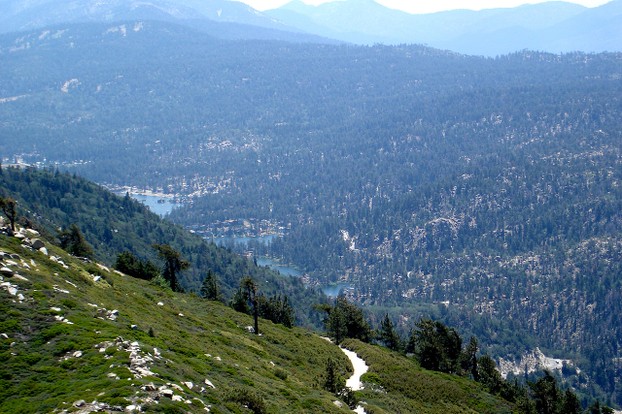



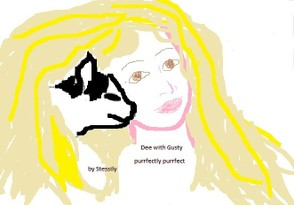
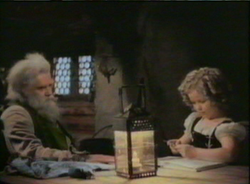

 Are Hawaiian Huakai Po Nightmarchers Avenging Halloween Thursday?on 10/02/2024
Are Hawaiian Huakai Po Nightmarchers Avenging Halloween Thursday?on 10/02/2024
 Mailing Addresses for 2023 Form 4868 Extending 1040 and 1040SR April 15, 2024, Due Dateon 04/15/2024
Mailing Addresses for 2023 Form 4868 Extending 1040 and 1040SR April 15, 2024, Due Dateon 04/15/2024
 Mailing Addresses for 2023 Forms 1040 and 1040SR Filed in 2024on 04/15/2024
Mailing Addresses for 2023 Forms 1040 and 1040SR Filed in 2024on 04/15/2024
 Mailing Addresses for 2022 Form 4868 Extending 1040 and 1040SR April 18, 2023, Due Dateon 04/13/2023
Mailing Addresses for 2022 Form 4868 Extending 1040 and 1040SR April 18, 2023, Due Dateon 04/13/2023

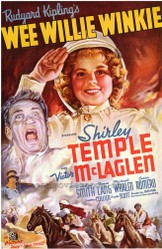
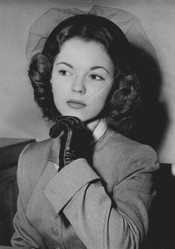
Comments